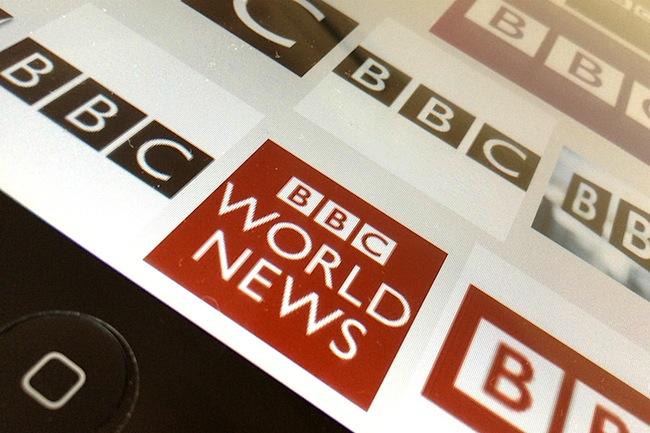
Since its introduction in May last year, Google and other major search engines have been inundated with requests from individuals seeking to get links removed, the majority related to news stories. As you might expect, many Europe-based news outlets have been deeply troubled by the development, citing concerns over censorship and transparency.
Making something of a mockery of the ruling, an increasing number of news organizations, the Guardian, Telegraph, and the Daily Mail among them, have been publishing on their websites links to all of the news stories that have been purged from Google’s European search sites.
The BBC has just announced that it, too, has just started compiling a similar list. BBC Online managing editor Neil McIntosh revealed the move on Thursday, saying it’s “important that those with an interest in the ‘right to be forgotten’ can ascertain which articles have been affected by the ruling.”
He continued: “We also think the integrity of the BBC’s online archive is important and, although the pages concerned remain published on BBC Online, removal from Google searches makes parts of that archive harder to find.”
The list, which contains more than 150 links to BBC news reports, appears down the page here, and will be updated on a monthly basis. McIntosh notes that the BBC isn’t told the identity of the person who requests a takedown, so “it may not have come from the obvious subject of a story.”
A recent Independent report said over the last year Google has streamlined its process for dealing with requests, but has become less likely to accept them.
“Google rejected 70 percent of requests in recent months but was accepting a majority of them last year,” the report said. According to Google’s own data, almost 60 percent of the 922,638 requests it’s so far received have been rejected.
Editors' Recommendations
- Google’s new Bard AI may be powerful enough to make ChatGPT worry — and it’s already here
- Pokémon Unite tops the list of Google Play’s Best Games of 2021
- A new Google Pixel 5a leak just showed off its beefy battery
- Google’s Wear smartwatch software update list is short, and the wait is long
- Google deploys a Jaguar I-Pace as its first all-electric Street View car


